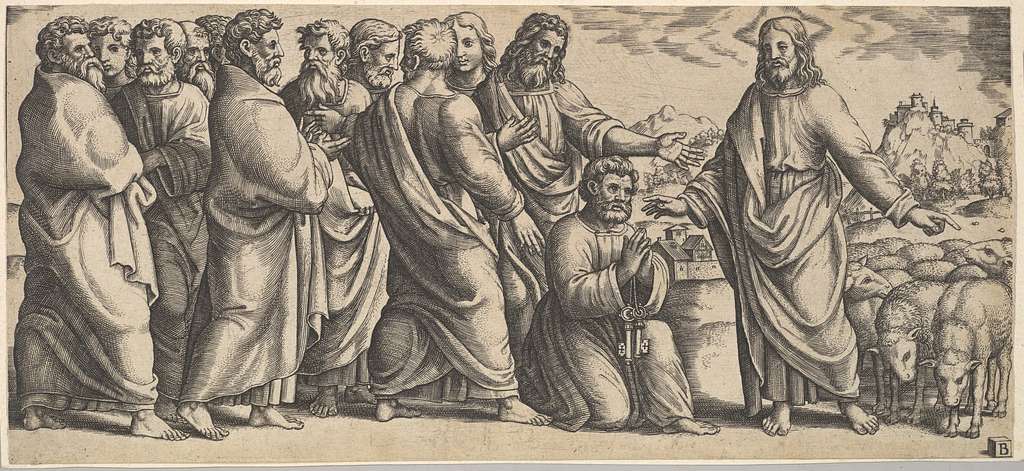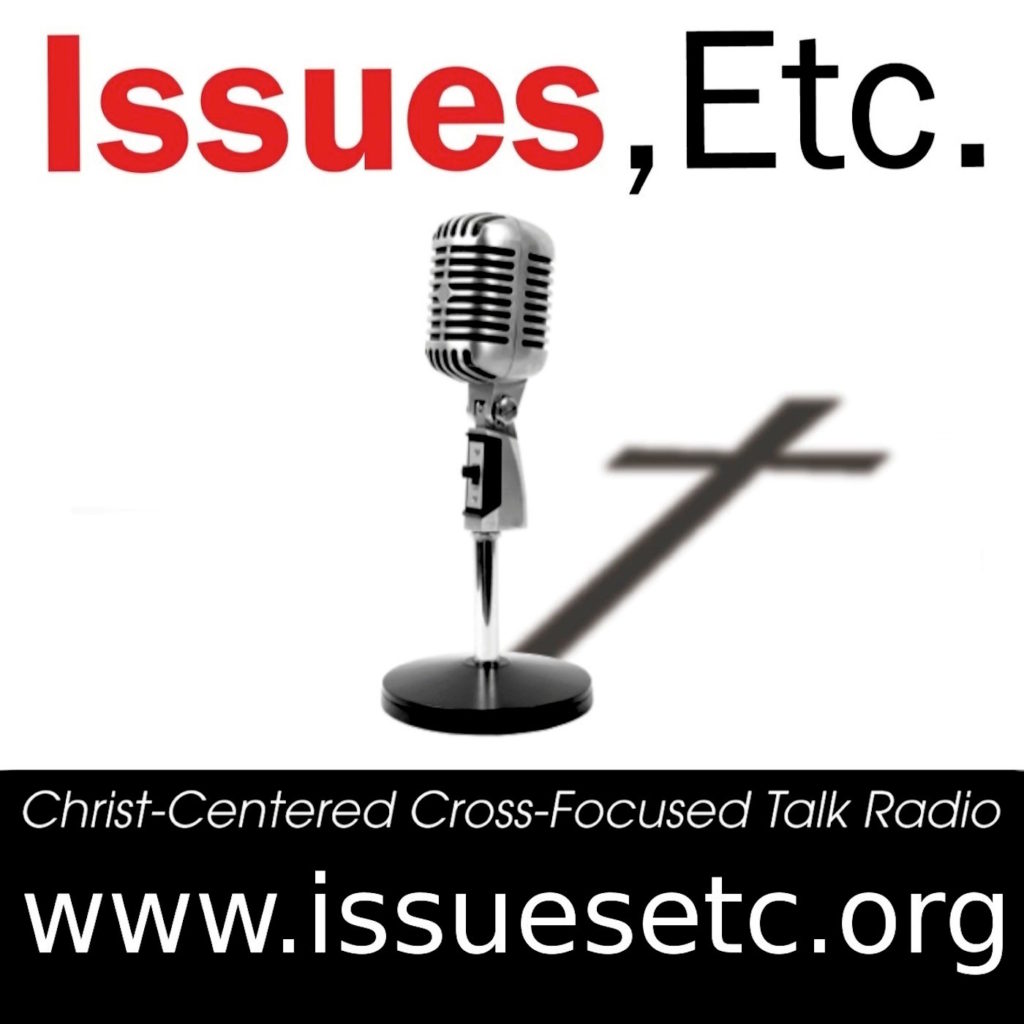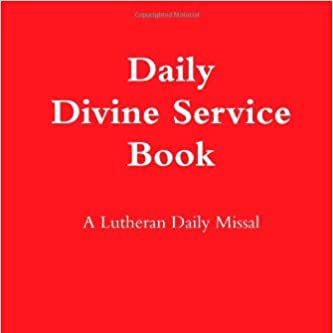
On Which the Church Doth Stand
In the summer we wrote about Ss. Peter and Paul and their feast day on June 29th, but each of these Biblical figures also have another date on the Christian calendar that is solely dedicated to him: St. Peter on January 18th and St. Paul on January 25th. Thus, St. Peter’s January 18th date does not celebrate Peter’s life and death—the Church does that on June 29th. Rather, on this date, the Church commemorates the episode depicted in Matthew, Mark, and Luke in which the Apostle Peter declares Jesus to be Christ.
Peter was the first of the disciples to confess Jesus as God—a proclamation that would be critical to our Lord’s ministry and the later ministry of his Church. Jesus responds to him, saying, “Blessed are you, Simon bar-Jonah, for flesh and blood has not revealed this to you, but My Father, who is in heaven,” and later, “You are Peter, and on this Rock I will build My church.”
Our Lord Jesus shows us here that this confession came from God himself, demonstrating that faith is not the product of human wisdom or reason but is instead revealed and given by God.
Peter, the rough fisherman and brother of Andrew, is one of the most prominent characters in the Gospels, often known for his stumbling, impetuous, and rash behavior. After all, it was Peter who attempted to walk on the sea, Peter who wished to build three tabernacles on the mountain during the Transfiguration, and Peter who denied Jesus three times on the night that he was betrayed.
Yet Peter also risked his life for Jesus and his work, being sent out after Pentecost and remembered as one of the strongest leaders of the early Church. Although Scripture depicts Peter struggling with himself, contradicting his own beliefs, and acting spontaneously, our Lord’s graciousness towards him reminds us that Jesus did not come to save the worthy but the weak and sinful.
Peter’s confession of Jesus as Christ serves as an example of faith, the “rock” on which the Church is built. Through confessions like this, the Holy Spirit works to call, gather, and build the Church, sanctifying its believers. This day of St. Peter also reminds us that our Lord gives his Church the keys to the Kingdom and instructed Peter and the other disciples to be the early Church’s pastors who would continue the confession of Christ throughout the ages. Through men like these our Lord continues to make himself known to his people through his Word and Sacraments.
So on this day of confession, we can thank our heavenly father that he used an ordinary person like Peter to proclaim his faith and build his Church.
A Brief History
A version of this festival dedicated to St. Peter and his confession has existed Since the fourth century. It was formerly called “the Chair of Peter,” and the commemoration tended to honor Peter as the head of episcopal authority and focus on his position as a leader of the twelve disciples.
While the Roman Catholic Church and other Protestants have continued to observe this feast on its historic date in February, many Lutherans and others following the Reformation observed their primary commemoration of Peter on the January date. The main reason for this shift was a desire that the feast not fall during Lent so that it could be celebrated as a proper feast and conflict with Lenten observances.

Collect
Heavenly Father, Thou didst reveal to the Apostle Peter the blessed truth that Thy Son Jesus is the Christ: strengthen us, we beseech Thee, by the proclamation of this truth, that we too may joyfully confess that there is salvation in no one else; through the same Jesus Christ, Thy Son, Our Lord, who liveth and reigneth with Thee and the Holy Ghost: ever one God, world without end. Amen.
Lessons
Epistle
Gospel

Resources
Issues, Etc. interview with the Rev. David Petersen on the Confession of St. Peter
Propers found in Daily Divine Service Book: A Lutheran Daily Missal, edited by the Rev. Heath Curtis
References:
1. Pfatteicher, Philip H. Festivals and Commemorations. Augsburg Publishing House. 1980.
2. Weedon, William. Celebrating the Saints. Concordia Publishing House. 2016.
Images:
1. The Delivery of the Keys to Peter, Unknown, Italy, ca. 1520-1570.
2. Christ Giving the Keys to St. Peter, Peter Paul Rubens, Germany, ca. 1612-1614.
3. Christ Giving the Keys to Saint Peter, Giovanni Ghisolfi, Italy, ca. 1670-1683.




